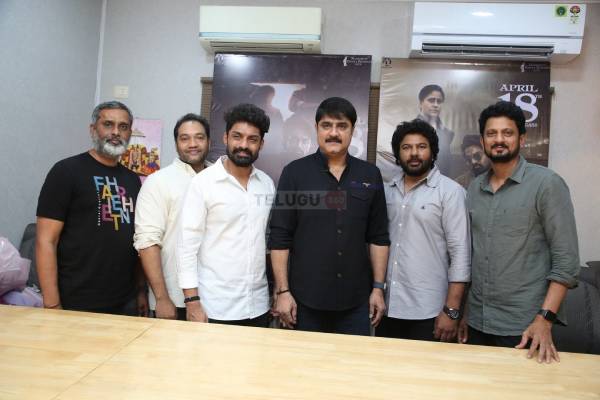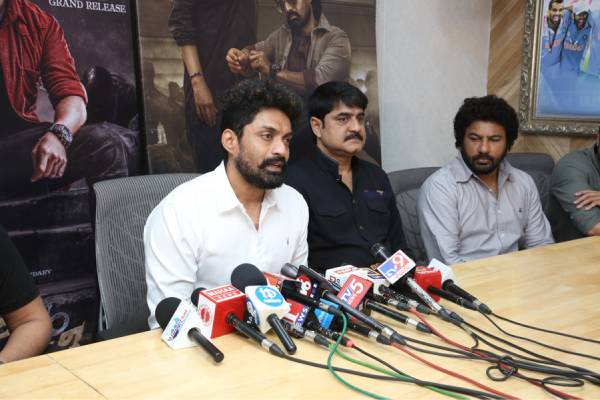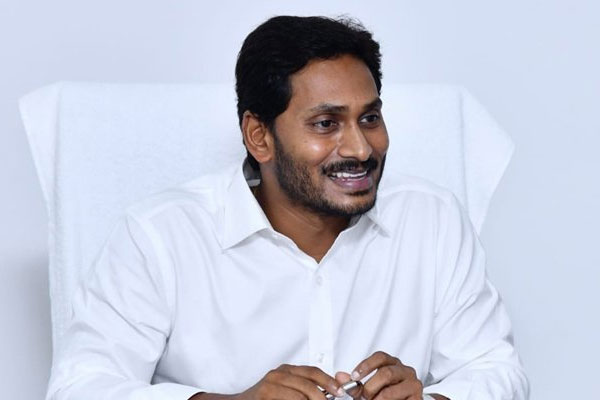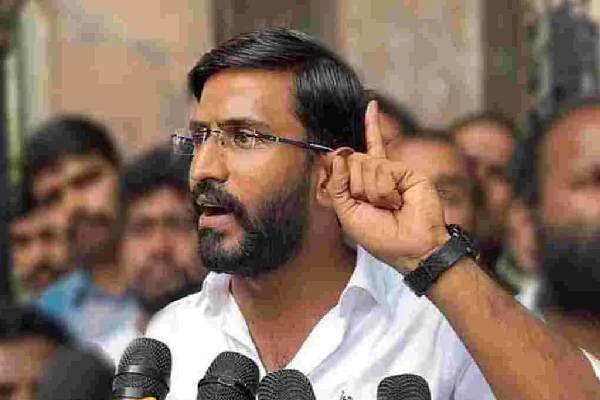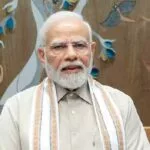Creating a record of sorts, Andhra Pradesh Chief Minister Y. S. Jagan Mohan Reddy will have five deputy chief ministers, said to be the highest-ever in any state in the country.
Jagan Reddy, who will be expanding his cabinet on Saturday, told the newly-elected legislators of YSR Congress Party on Friday that he will have five deputy chief ministers in the 25-member full-fledged cabinet.
Reddy’s five deputies will be picked up from five major social groups – Scheduled Castes (SC), Scheduled Tribes (ST), Backward Classes (BC), minorities and Kapus.
This is being seen as Reddy’s gesture to reward these communities for throwing their weight behind the YSR Congress Party (YSRCP), enabling it to storm to power with a landslide victory last month.
The YSRCP polled nearly 50 per cent votes to win 151 seats in 175-member Assembly and also bag 22 out of the 25 Lok Sabha seats in the state, virtually wiping out the Telugu Desam Party (TDP).
Jagan, as the YSRCP chief is popularly known, took oath as the Chief Minister at a public ceremony in Vijayawada on May 30.
The 46-year-old Reddy told a YSRCP Legislature Party meeting at his official residence here on Friday that the cabinet will have representation from all sections of society. He also declared that half of the council of ministers would be from SCs, STs, BCs and minorities.
In its election manifesto, the YSRCP has made various promises for the welfare and development of these communities, which constitute about 70 per cent of the state’s population and are believed to have overwhelmingly supported the YSRCP to give it a huge mandate.
Reddy’s predecessor, N. Chandrababu Naidu, had two deputy chief ministers – K. E. Krishna Murthy and N. Chinnarajappa, representing the BC and Kapu communities, respectively.
Telangana Chief Minister K. Chandrashekhar Rao’s earlier cabinet also had two deputy chief ministers from among the BCs and Muslims.
Political analysts say Jagan, by having five deputies, wants to win the goodwill of these communities and further strengthen his vote bank.
Unlike TDP, which is dominated by the socially and politically powerful Kamma community, YSRCP is dominated by Reddys. While the leadership of the YSRCP and the government will remain with the Reddys, by nominating five deputies, the Chief Minister is keenness for carrying other key sections with him.
His father, Y. S. Rajasekhara Reddy, who was the Chief Minister of undivided Andhra Pradesh between 2004 and 2009, had also enjoyed the support of these sections of society who have traditionally voted for either the Congress or the TDP.
Though Rajasekhara Reddy had no deputy chief minister, he won the backing of these groups by implementing a series of welfare schemes for them.
With Jagan Reddy inheriting the political legacy of his late father, and YSRCP replacing Congress as the main political force in the state, he is keen to consolidate his support among the SCs, STs, BCs, minorities and Kapus.
Kapus, who had traditionally voted Congress, also appear to have preferred the YSRCP over Jana Sena whose leader and film actor Pawan Kalyan is a Kapu. Jana Sena came a cropper with one Assembly seat.
In 2014, the Kapus had apparently backed the TDP-BJP combine after they promised reservations for the community. However, the TDP government could not implement its promise due to legal issues.
Political analyst Palwai Raghavendra Reddy believes that the new Chief Minister’s move to have five deputies is more of a symbolic gesture as the real power will concentrate his hands and those of the coterie around him.
“It is good optics. It is only to show to these communities that their representatives have been made deputy chief ministers,” he said.
“Power in regional parties across the country is centralised and YSRCP is no exception,” he added.





















